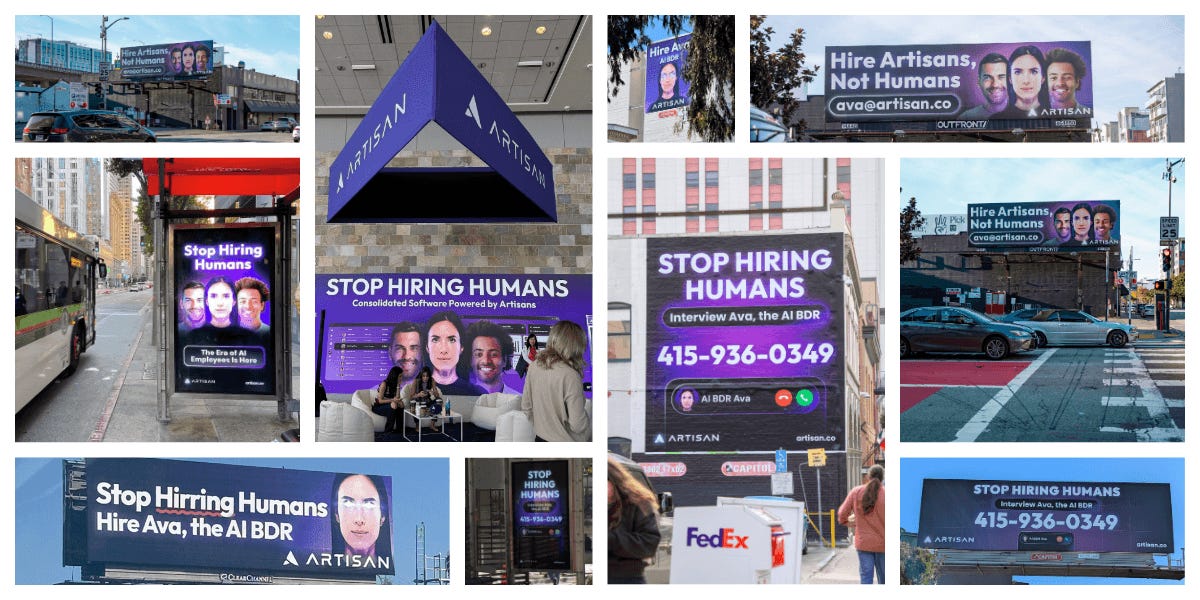
Exploring the Potential of Vertical AI Amidst Job Loss Fears
The narrative surrounding artificial intelligence (AI) often paints a grim picture of job loss and economic instability. However, historical data suggests that new technologies, including AI, have historically enhanced productivity, reduced costs, and even created new job opportunities. In the recent insights from TLDR AI, the focus shifts to the transformative potential of Vertical AI and its role in navigating the so-called productivity paradox.
The Productivity Paradox
As highlighted by TLDR AI, many discussions around AI's impact are steeped in fears of automation and job displacement. While it is true that some positions may be automated, the broader implications of AI suggest a different narrative. The true potential of AI lies in its ability to expand markets and create new opportunities for growth—provided that companies commit to reinvesting in their workforce and supporting upskilling initiatives.
Embracing Complexity in Product Leadership
In the realm of product management, leaders are often faced with complex decisions that weigh speed against quality, and customer delight against business objectives. TLDR AI emphasizes that adopting an “it depends” mentality is not a sign of indecision but a strategic approach that can turn ambiguity into leverage. By embracing this mindset, product leaders can navigate the intricate balance of competing priorities effectively.
The Role of Vertical AI
Vertical AI, focusing on niche markets, is discussed as a promising avenue for enhancing labor productivity and achieving substantial outcomes in venture capital. As companies start to adopt these specialized AI applications, the opportunity to not only increase efficiency but also to foster job creation in new sectors becomes apparent.
Industry Reactions
The discourse around AI is not without its controversies. A recent campaign in San Francisco aimed at raising awareness about AI's impact sparked significant debate, illustrating the divide in public perception. Comments from industry leaders, such as Anthropic CEO Dario Amodei, underscore the urgent need for transparent discussions about AI's potential to disrupt traditional job roles.
Ultimately, the conversation surrounding AI and its implications for the workforce must evolve. Rather than succumb to fear, stakeholders should focus on the opportunities that AI presents for innovation and growth. With the right strategies in place, including investment in worker training and adaptation, AI could very well usher in a new era of productivity and job creation.
Rocket Commentary
The conversation around AI often leans toward dystopia, fixating on fears of job loss rather than envisioning a future enriched by innovation. The insights from TLDR AI remind us that history tends to favor the optimists—new technologies have frequently paved the way for enhanced productivity and new job creation. Vertical AI stands out as a beacon of this potential, promising to not only streamline processes but also unlock entirely new markets. For developers and businesses, this is a call to action: rather than viewing AI as a threat, we should embrace it as a tool for transformation. By harnessing Vertical AI, companies can improve efficiency, reduce costs, and ultimately foster an environment ripe for growth. This shift in perspective could be the key to navigating the productivity paradox and ensuring that AI serves as a catalyst for positive change rather than a source of anxiety. The future of work may indeed be bright, provided we remain proactive and ethical in our approach to AI integration.
Read the Original Article
This summary was created from the original article. Click below to read the full story from the source.
Read Original Article